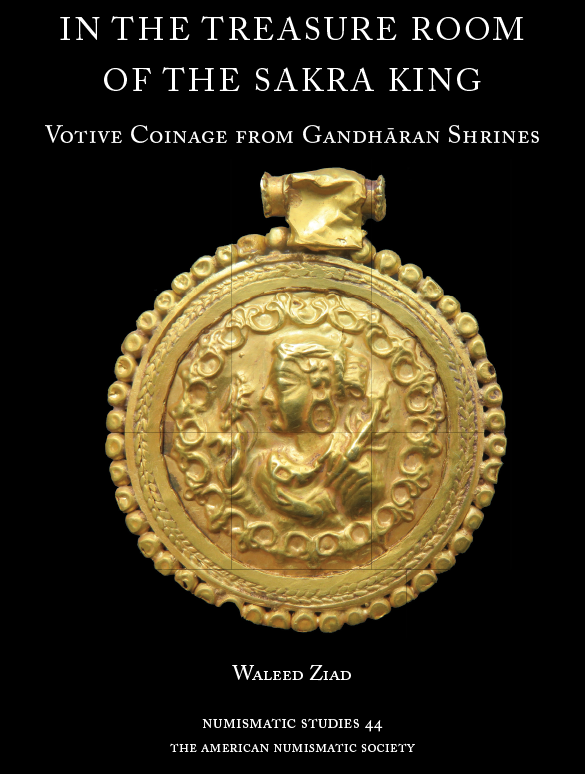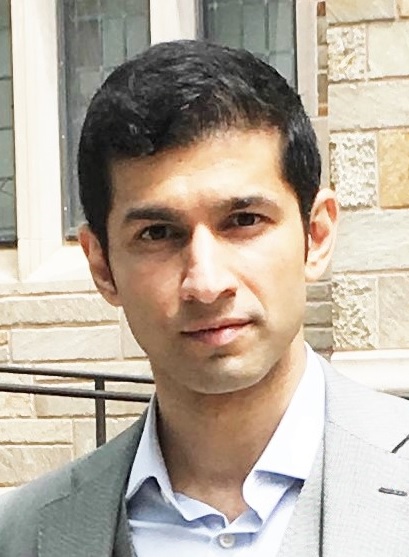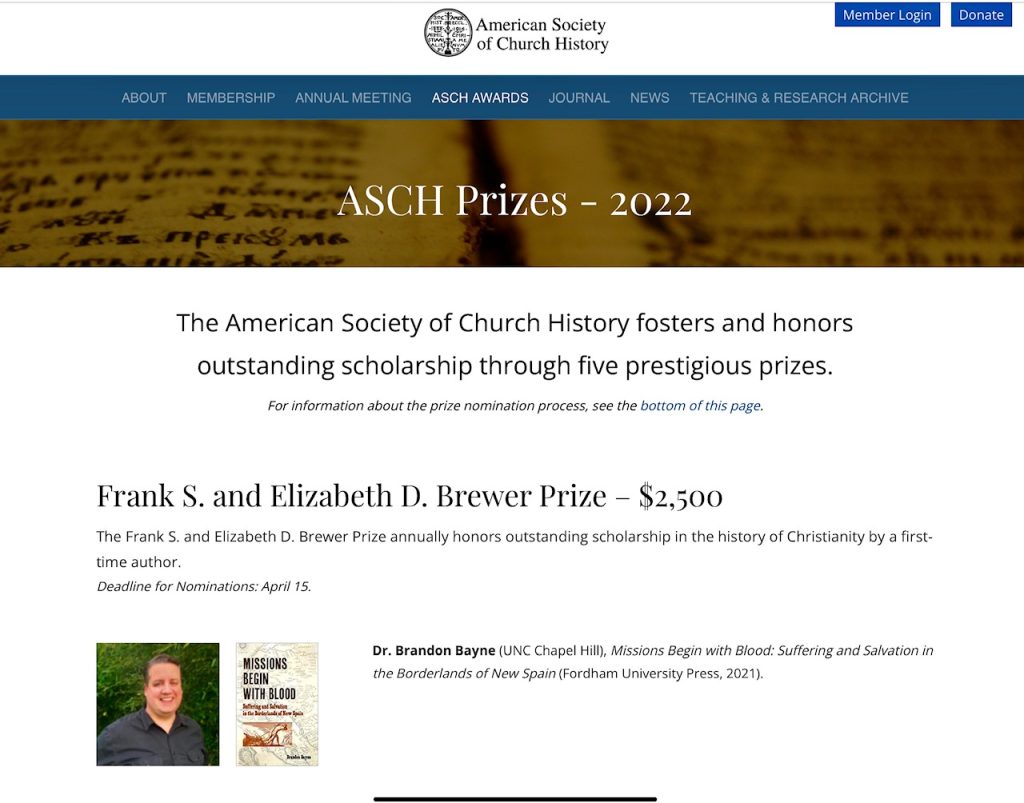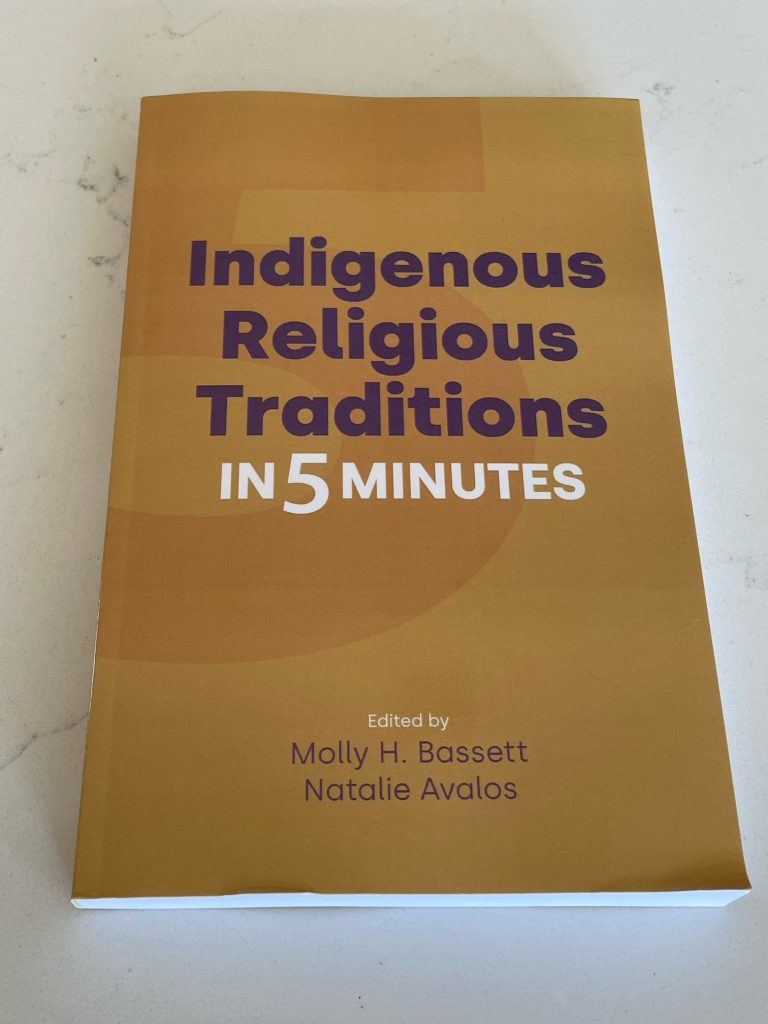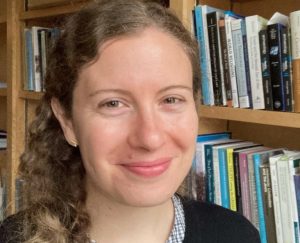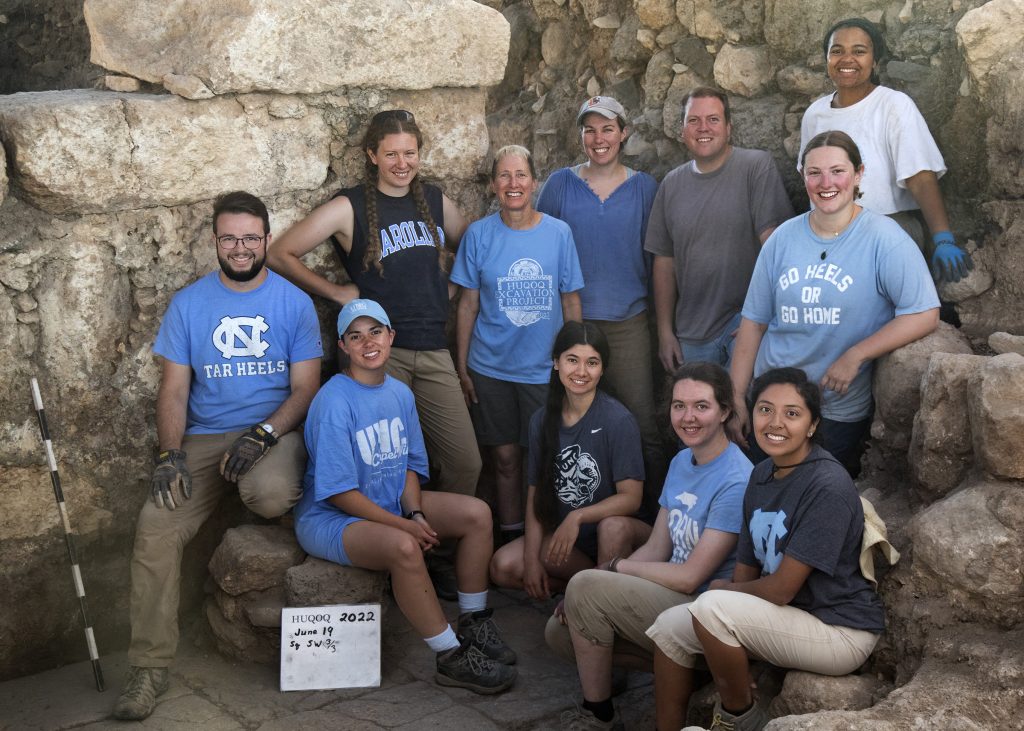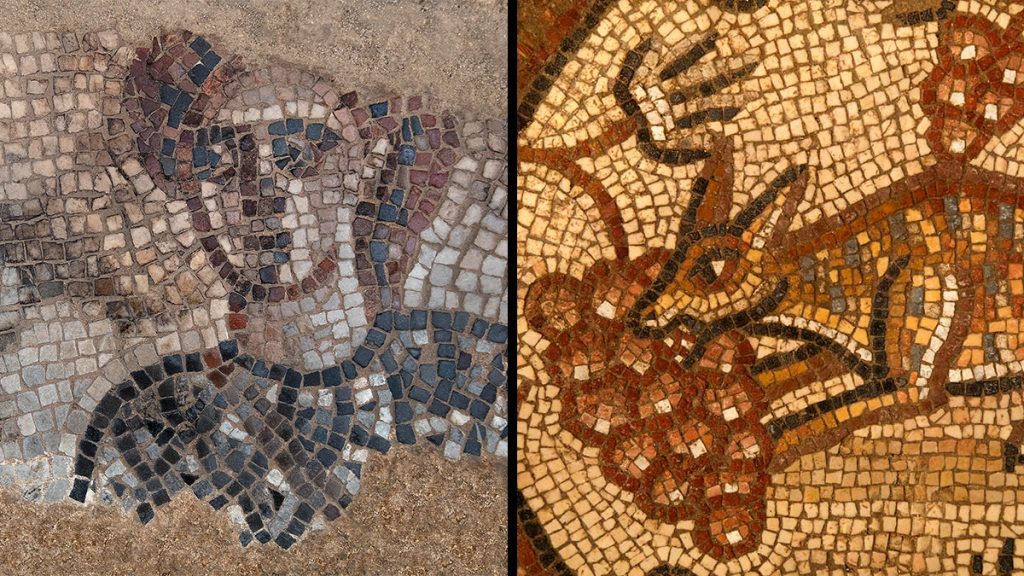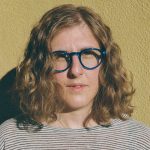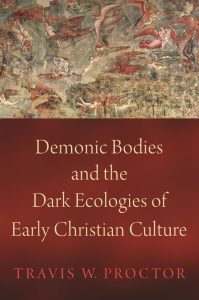For some worshippers, a starry night sky has replaced the ceiling of a synagogue or church building.
Congregating outside is just one way that the pandemic has forced many Jews and Christians to alter how they commune and practice their religion. Some changes will remain, says Evyatar Marienberg, associate professor in the religious studies department in the College of Arts & Sciences and director of the minor program in Christianity and culture. His research interests include contemporary Catholicism, the social history of Jews and Christianity in Medieval Europe and rabbinics.
You’ve thought about how world events affect religious practices. What is different or the same about the pandemic’s effects?
When 9/11 happened, for instance, people talked about going more often to churches. I remember telling myself, This will pass. People need some comfort that religions can sometimes provide, but it is temporary. It will pass and nothing will change significantly with regard to religious practices. I believe that was the reality. The pandemic is different because it’s so long. Two years have gone by.
Take, for example, the issue of actively being in a place of worship. Before COVID-19, it was unthinkable for many people and religious groups to have their services in any way other than going to and being in their place of worship. That’s not the case anymore. Suddenly, things that were obvious became not obvious at all.
The impact is not the same for all. For some groups, this didn’t pose big theological, doctrinal or legal problems. Their service’s center was words, sermons, homilies or watching someone doing something. To do it online was not a tectonic shift.
For others, it was big. For Catholics, for whom the central part of worship is physical — the Eucharist, taking consecrated bread, drinking consecrated wine — this situation created a problem. Not going to service without a good reason is a sin, but not a severe one. But the clergy told them not to go. They had to make it work by proceeding online or by drive-in or being distanced. They created new prayers, new rituals and continued with this for an extended period. Even though now people do go back, it’s clear to all that nontraditional ways of attending services have been legitimized.
Were some practices, such as using one cup for communion, problematic?
Yes. The most extreme example I know of happened in Greece, in the Orthodox Church. There was at the pandemic’s beginning serious denial of COVID-19 and its risks. One Greek bishop who insisted on people using the same spoon for taking bread and wine died from COVID.
To read the remainder of this article, please click here!

Evyatar Marienberg
